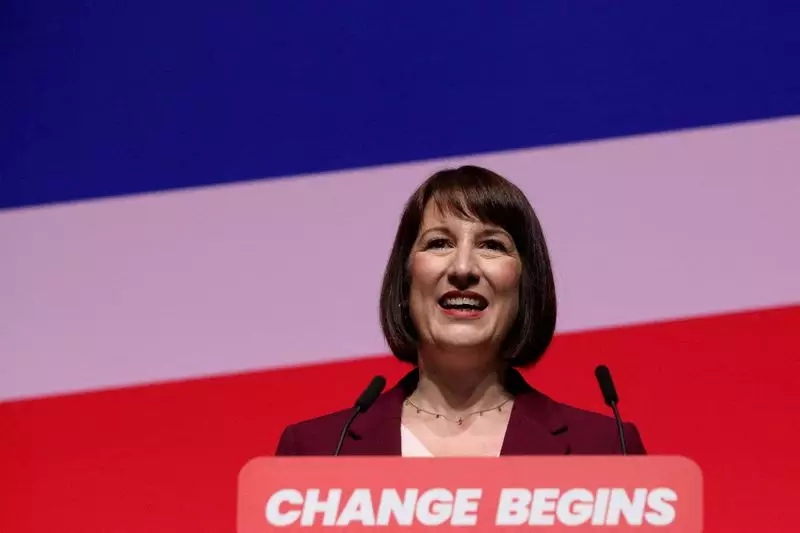In a bold move poised to redefine the financial landscape of the United Kingdom, British finance minister Rachel Reeves is preparing to unveil her first budget after 14 years in opposition. This forthcoming budget comes at a critical juncture, as it is set against the backdrop of facing significant fiscal challenges while also aiming to stimulate economic growth. As Reeves attends the International Monetary Fund (IMF) and World Bank annual meetings in Washington, her message will echo a commitment to rejuvenate the UK economy and promote meaningful investment opportunities both domestically and internationally.
Reeves has emphasized her intent to reset the fiscal narrative as she aims to raise approximately £40 billion ($52 billion) through a combination of targeted tax increases and prudent public spending adjustments. This strategy reflects an urgent need to mend the fiscal deficits left by the previous government, all while bolstering public services that have suffered from years of austerity.
A crucial aspect of Reeves’ budget proposal includes the potential alteration of fiscal rules that have traditionally bounded government borrowing. Reports suggest that Reeves might consider a departure from strict fiscal constraints in favor of a more expansive and flexible approach. This pivot could signal a transformative moment for the UK economy, allowing the government greater latitude in investing in vital infrastructure and public services.
Reeves’ outlook aligns with recent IMF assessments that indicate an upward revision in Britain’s growth forecast for 2024, topping other G7 nations. However, the projected 1.1% growth, along with a 1.5% forecast for 2025, remains tepid when viewed through the lens of historical norms. To navigate this sluggish growth trajectory, Reeves appears committed to recalibrating how public debt is perceived, seeking a more extensive interpretation of public financial liabilities. Such a shift could potentially free up an additional £50 billion for essential investments, thus rejuvenating public finances in the long run.
Beyond domestic concerns, Reeves’ engagements in Washington extend to global issues, particularly in areas such as development financing for underprivileged nations and promoting transparent fiscal practices among G20 countries. In supporting Ukraine’s defense needs by facilitating a $3 billion loan, Reeves’ discussions suggest a dual focus: safeguarding national interests while reinforcing the UK’s role in global geopolitics.
The finance minister’s proactive stance at the IMF meetings seeks to underscore her belief that the UK’s financial strategy should not solely rely on domestic resilience but should also contribute to collective global prosperity, emphasizing sustainable development goals. This approach reflects an understanding that interconnected economies require cooperation and investment across borders to foster sustainable growth—an awareness that could position the UK as a leading voice in international economic governance.
Rachel Reeves’ upcoming budget and her strategic decisions represent a critical juncture for the UK, creating a much-needed opportunity to modernize economic policies that have limited growth and investment potential. The emphasis on leveraging public finance for long-term gains signifies a potential shift in the economic mindset—moving from austerity to an investment-driven framework.
As the budget draws near, the stakes will undoubtedly be high. Reeves’ ability to communicate a clear vision of the road ahead and build consensus across various stakeholders will be vital. The looming presence of external challenges, such as global economic instability and geopolitical conflicts, heightens the importance of these discussions.
Ultimately, Rachel Reeves’ efforts to chart a new economic course could define not only her tenure but also the future trajectory of the UK economy. With an emphasis on investment, sustainability, and international collaboration, her budget may well signal a fresh start for a nation seeking to reclaim its economic footing in a rapidly evolving global landscape.

